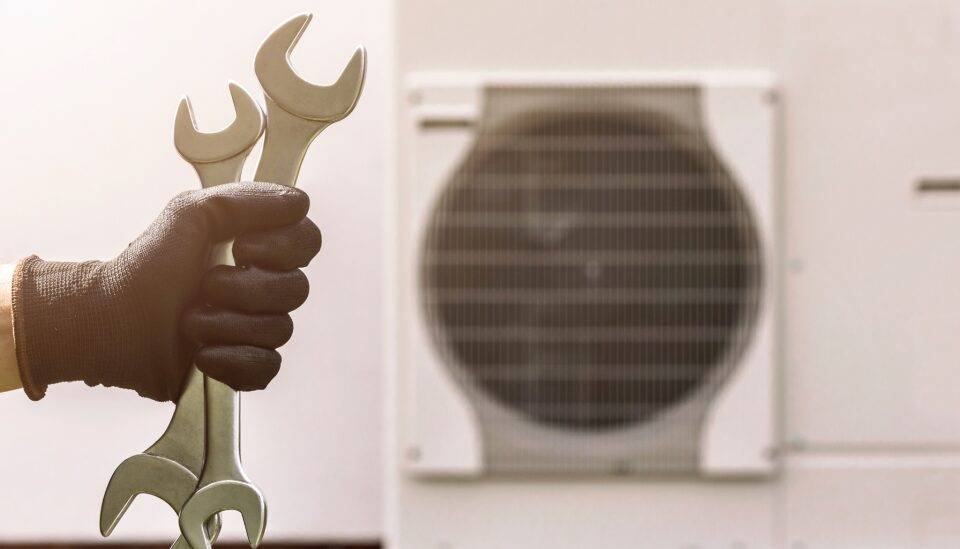The buzz around the Clean Heat Market Mechanism (CHMM) has reached a crescendo, shining a spotlight on the critical conversations we need to have about clean heating solutions. Richard Hauxwell-Baldwin, a proactive heat pump advocate, has brought to light significant concerns with the Microgeneration Certification Scheme (MCS). The scheme’s credibility is under scrutiny as it grapples with the infiltration of substandard heat pumps, bolstered by dubious certifications. To combat this, MCS has devised a template to empower individuals to voice their concerns to their local MPs, urging for stricter oversight.
This dialogue extends beyond certification woes, with various stakeholders initiating direct appeals for robust policy support. This collective call to action underscores the urgency of adopting clean heating technologies.
In my recent interactions with industry professionals, a recurring theme emerged: the perspectives of engineers on the CHMM. Engulfed in their pivotal role of maintaining warmth in homes, many engineers find little bandwidth to reflect on the CHMM’s implications. This observation is a poignant reminder of the gap between policy discussions and the on-the-ground realities of those tasked with implementing clean heating solutions.
Venturing further into the realm of clean heating, I’ve had enlightening encounters with key influencers and proponents of heat pumps. A question I invariably pose, “Do you personally use a heat pump?”, often unveils a stark contradiction. The majority cite living in flats as a barrier, thus defaulting to traditional combination boilers. This revelation is particularly striking when juxtaposed with their advocacy for clean heating, revealing a disconnect between public endorsements and private choices.
This discrepancy prompts a deeper introspection about our heating practices. For instance, the reluctance to switch to more environmentally friendly heating options, such as electric space heaters, which could slash carbon emissions by up to 50%, exposes a resistance rooted perhaps in misconceptions about cost and convenience. Yet, when confronted with the reality that the perceived financial burden may not be as daunting as imagined—especially when comparing the costs of modern living—the excuses start to lose their weight.
The CHMM’s goal to pivot boiler manufacturers toward sustainable practices is just one piece of the puzzle. The broader challenge calls for a collective introspection and a shift in our individual behaviors. For homeowners, this moment serves as a clarion call to lead the charge in adopting clean heating technologies. Embracing solutions like heat pumps not only aligns with our environmental aspirations but also promises enhanced energy efficiency and long-term financial savings.
As we navigate this transition, let’s champion the cause of clean heating not just in public discourse but in our personal lives. Let’s critically examine our choices, challenge our preconceptions, and embrace the innovations that can make our homes and planet healthier. The journey to a sustainable future begins with the decisions we make today. Let us be the pioneers of change, demonstrating through action that a commitment to clean heating is both a personal and collective responsibility.


